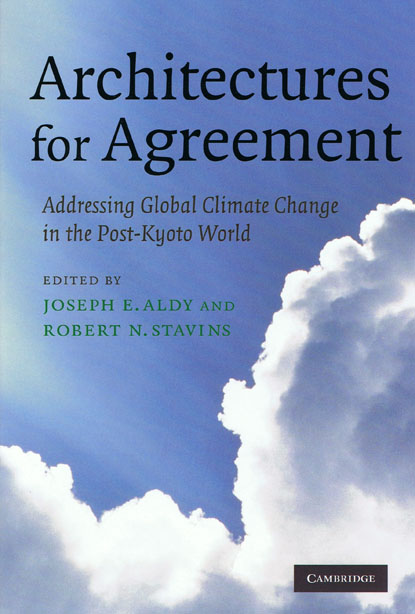
With increasing greenhouse gas emissions, we are embarked on an unprecedented experiment with an uncertain outcome for the future of the planet. The Kyoto Protocol serves as an initial step through 2012 to mitigate the threats posed by global climate change. A second step is needed, and policy-makers, scholars, business people, and environmentalists have begun debating the structure of the successor to the Kyoto agreement.
Written by a team of leading scholars in economics, law, and international relations, this book contributes to this debate by examining the merits of six alternative international architectures for global climate policy. Architectures for Agreement offers the reader a uniquely wide-ranging menu of options for post-Kyoto climate policy, with a concern throughout to learn from past experience in order to maximize opportunities for future success in the real, ‘second-best’ world. It will be an essential reference for scholars, policy-makers, and students interested in climate policy.